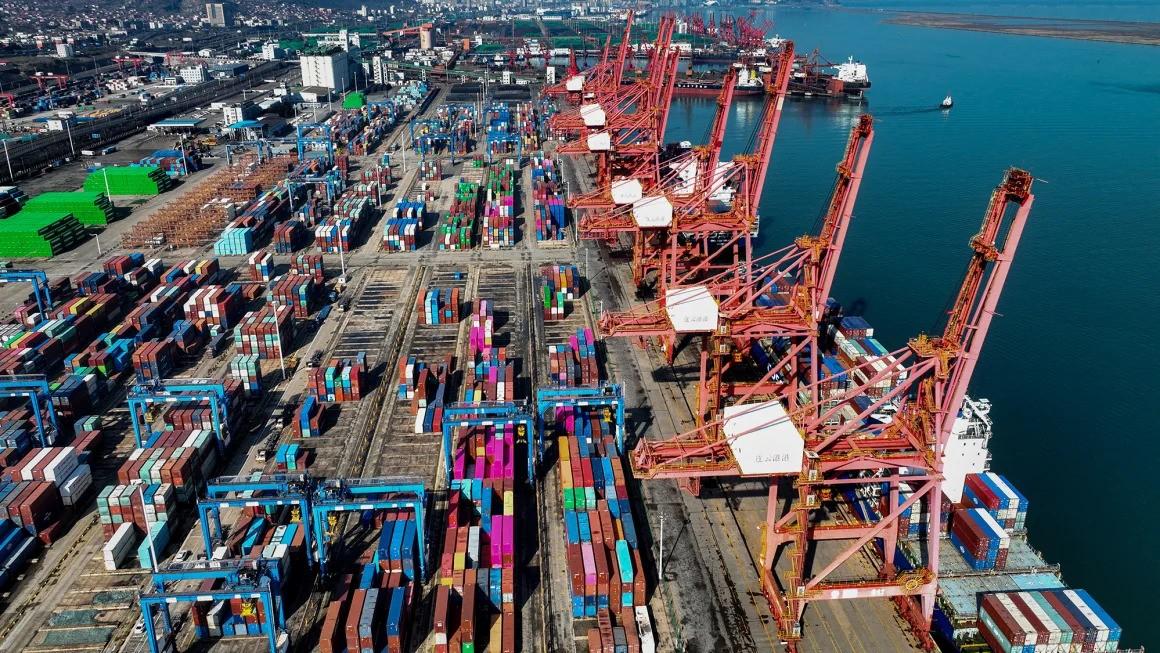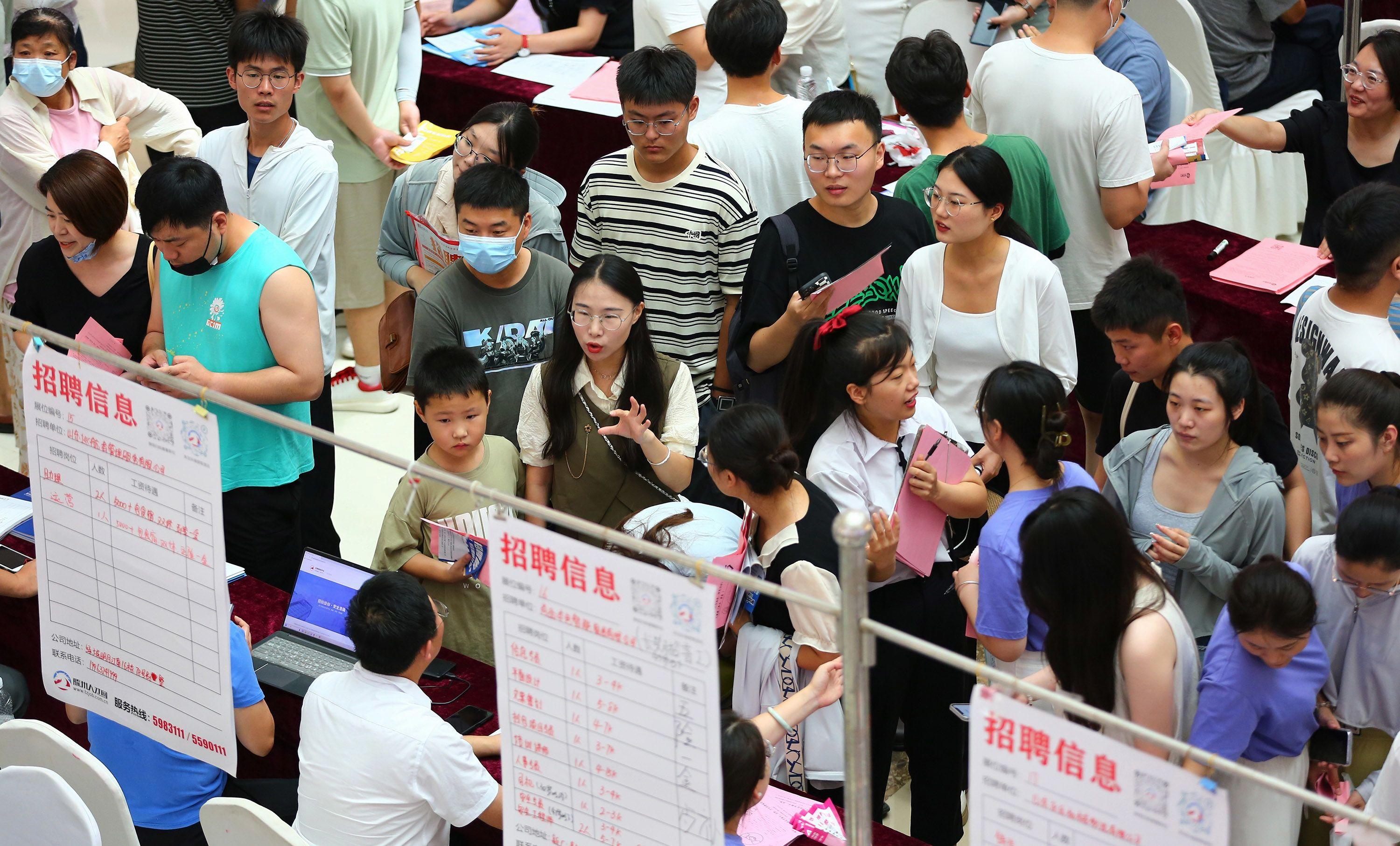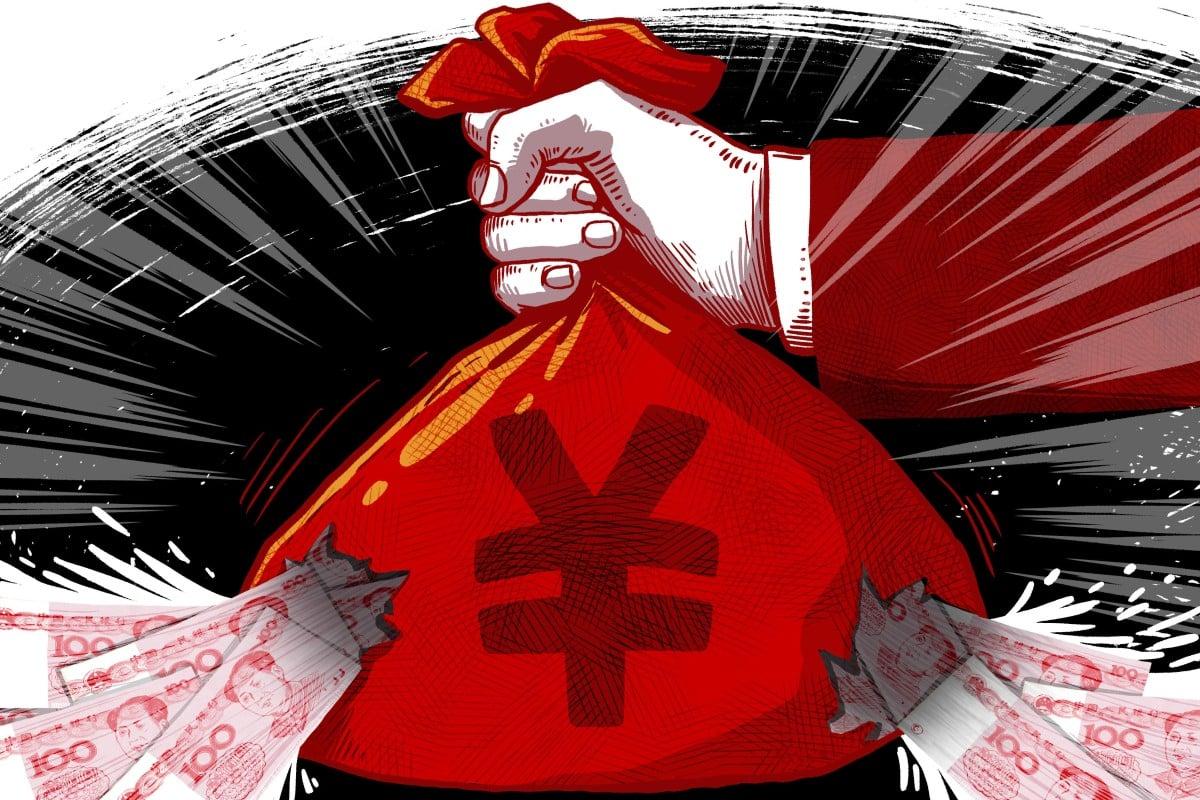Is China experiencing an economic slowdown? Global glut
The beginning of 2024 marked China's economic slowdown, driven by the fallout of the COVID-19 pandemic and a decades-long inflation of the property bubble despite earlier positive expectations. Recent independent data suggests that the leading Chinese companies have fallen by more than 12 per cent, reaching their lowest level in two decades. Since 2023, China has been attempting to stabilize the yuan in response and stabilize the local market by adjusting to new realities prompted by the global security cataclysms and interruption of the supply chain.

Although many economic reports indicated that the beginning of 2024 will mark worse economic performance, the Chinese economy grew more than expected in the first three months of the year, new data shows, as China built more factories and exported vast amounts of goods to counter a severe real estate crisis and sluggish spending at home. In this vein, Beijing turned to a traditional tactic: investing heavily in its manufacturing sector, including a binge of new factories that have helped to propel sales around the world of solar panels, electric cars, and other products.
Despite the economic slowdown, China has set a modest official growth target of around five per cent in the first quarter of 2024. The country anticipates creating over 12 million jobs in urban areas and maintaining the surveyed urban unemployment rate at around 5.5 per cent this year. This confidence in tackling the economic slowdown is bolstered by the resilience shown by the local high-tech industry and service sectors. The strong growth in high-tech industries is partly due to the continuous support from the Chinese government, which recognizes their potential to drive economic growth and innovation.

China's efforts to stimulate economic growth through increased exports of goods to foreign markets have raised concerns. The influx of cheap Chinese goods could potentially undermine manufacturing industries in other countries, leading to layoffs. The slow economic growth since early 2024 has dampened Beijing's recent efforts to portray a positive economic recovery. In fact, Moody’s now predicts that annual economic growth will fall to 4 per cent in 2024 and 2025, before further slowing to an average of 3.8 per cent for the rest of the decade. Potential growth is expected to decline to 3.5 per cent by 2030, which could have significant implications for global markets.

While international economic and financial institutions critically assess the economic situation in China, the local authorities claim that the economy still has “huge development resilience and potential” and will remain a powerful engine of global growth. One of the most pressing issues China is facing is the rise of youth unemployment. The last release of youth unemployment data showed a jobless rate at a high of 21.3%, with a corresponding increase in the rate at which students returned to rural homes within six months of graduation, suggesting a very difficult job market.
As such, China needs robust consumer spending to bring down persistently high youth unemployment and help companies and households cope with very high debt levels. Existing and due debts are the main obstacles to future prospects. Even with the current debt rates, China seems confident that the main goals and tasks for economic and social development in 2023 were accomplished. In 2023, the International Monetary Fund (IMF) suggested that economic headwinds in China will continue in 2024 and beyond amid structural problems such as record levels of debt and a low birth rate.

For example, capital outflows in September 2023 hit $75 billion, according to Goldman Sachs, the highest figure in seven years, which resulted in the Chinese government’s introduction of new investment regulations in early 2024. The control of the state over the economy strengthened steadily, blurring the lines between the state apparatus and the ruling party. Indeed, economic difficulties and turbulence will not hamper China's global ambitions, as it will continue to strive to boost geopolitical influence across the globe.








